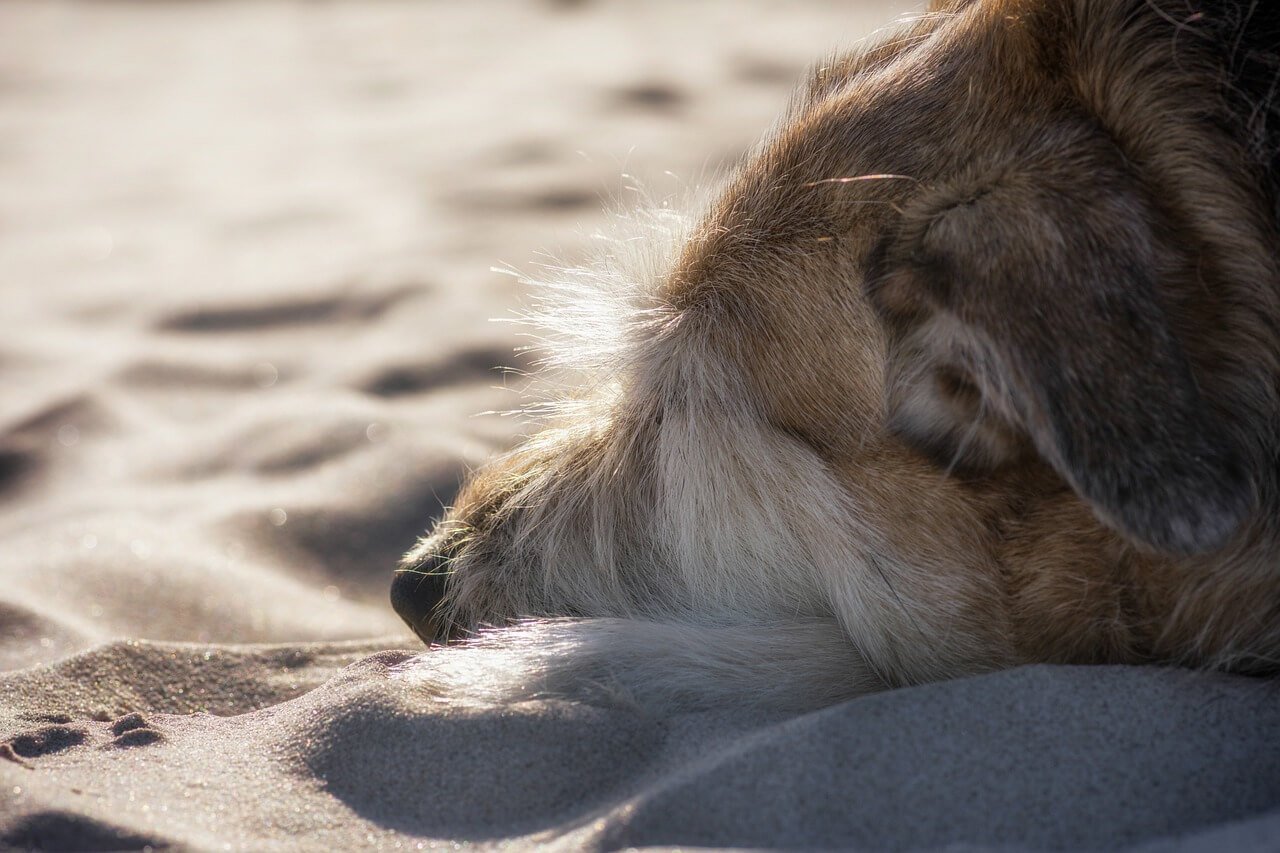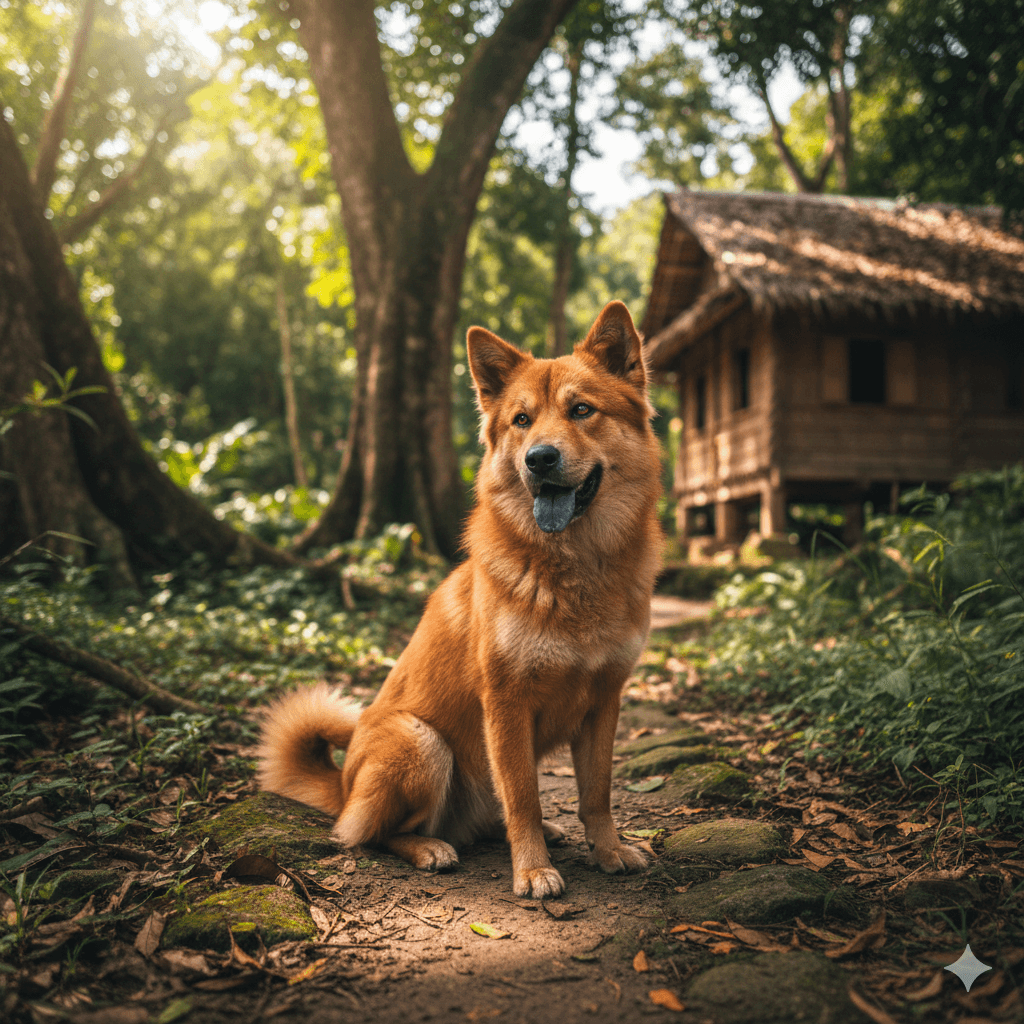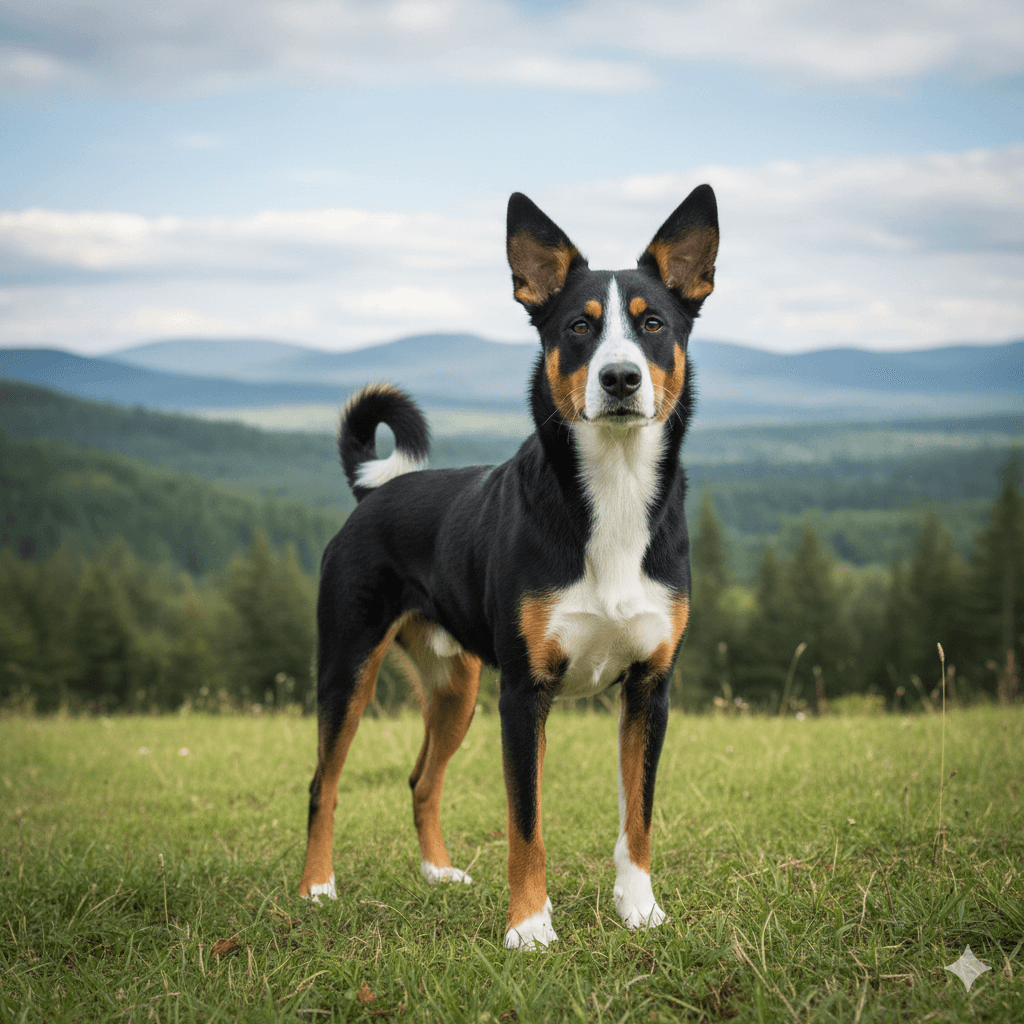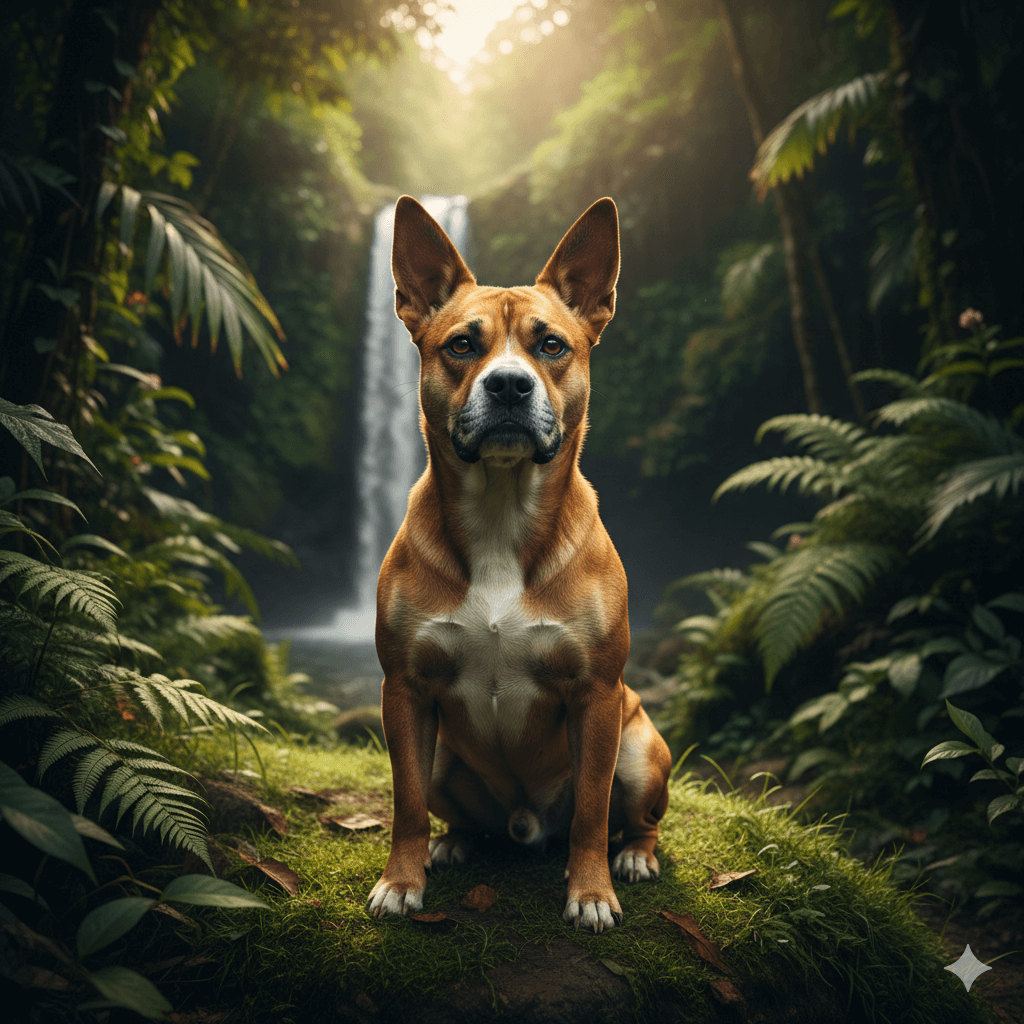Why Does My Dog Wake Up Panting? Understanding the Causes and Solutions
If you’ve ever noticed your dog waking up panting, you might have felt a mix of concern and curiosity. While panting is a normal behavior for dogs in certain situations—such as after exercise or on a hot day—it can sometimes signal an underlying issue when it occurs during sleep or upon waking. Panting while waking up may be linked to environmental factors, health conditions, or even emotional states like stress or anxiety. In this blog post, we’ll explore the reasons behind why your dog wakes up panting, how to identify potential problems, and what steps you can take to ensure your furry friend stays healthy and comfortable. Let’s dive in and uncover the answers together!
Common Reasons Why Dogs Wake Up Panting
Understanding why your dog wakes up panting is the first step toward addressing the issue. Here are some common causes that pet owners should be aware of:
Overheating During Sleep
If your dog’s sleeping area is too warm, they may pant to regulate their body temperature.Nightmares or Vivid Dreams
Dogs experience dreams just like humans, and intense dreams can cause them to pant or move in their sleep.Anxiety or Stress
Emotional distress, such as separation anxiety or fear, can manifest in panting during rest or upon waking.Underlying Health Conditions
Conditions like heart disease, respiratory issues, or pain can lead to excessive panting, even during sleep.Exposure to Toxins or Allergens
Inhalation of irritants, such as smoke or cleaning products, can cause your dog to pant as a reaction.
While occasional panting isn’t necessarily a cause for alarm, persistent or unusual panting warrants further investigation. By identifying the root cause, you can take appropriate action to help your dog feel more at ease.
How to Identify Normal vs. Abnormal Panting
Not all panting is a sign of trouble. It’s important to differentiate between normal and abnormal panting to determine whether your dog needs medical attention.
Normal Panting Characteristics
Normal panting is typically shallow, rhythmic, and subsides quickly once your dog is calm or cool.Abnormal Panting Signs
Abnormal panting may be louder, labored, or accompanied by other symptoms like restlessness or lethargy.Context Matters
Consider the environment—panting in a hot room is normal, but panting in a cool space could indicate a problem.Behavioral Clues
Look for signs of discomfort, such as pacing, whining, or hiding, which may suggest pain or anxiety.Frequency and Duration
Occasional panting is less concerning than frequent or prolonged episodes that disrupt your dog’s rest.
By paying close attention to these details, you can better assess whether your dog’s panting is harmless or a sign of something more serious. When in doubt, consulting a veterinarian is always the safest option.
Check this guide 👉Why Is My Dog Panting at Night? Best 7 Tips for Calm Rest!
Check this guide 👉Understanding Dog Panting After Surgery: Best 7 Tips!
Check this guide 👉Why Wont My Dog Stop Panting? Best 7 Expert Tips!
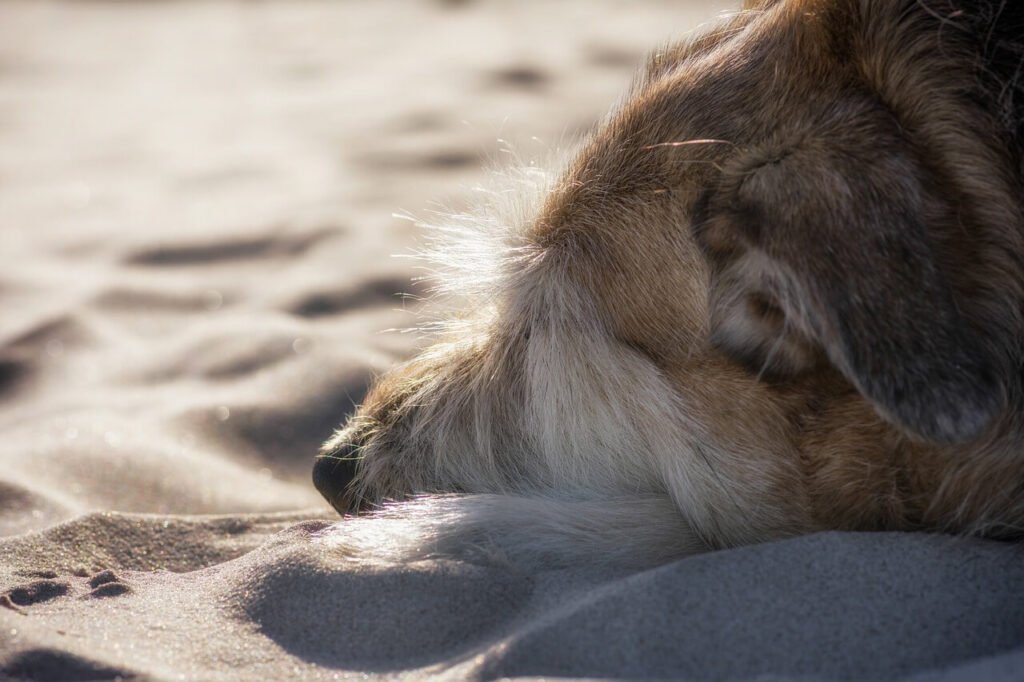
Signs of Normal Panting | Signs of Abnormal Panting |
|---|---|
Shallow and rhythmic | Labored or excessive |
Stops quickly when calm | Persists for long periods |
Occurs in warm environments | Happens in cool temperatures |
No additional symptoms | Accompanied by restlessness |
Rare or situational | Frequent or disruptive |
Steps to Help Your Dog Stop Waking Up Panting
If your dog frequently wakes up panting, there are several practical steps you can take to address the issue. Here are some effective strategies:
Adjust Their Sleeping Environment
Ensure your dog’s bed is in a cool, well-ventilated area to prevent overheating during sleep.Provide Comfort Items
Offer cozy bedding, blankets, or toys to create a calming and secure sleeping space.Address Anxiety or Stress
Use calming aids like pheromone diffusers or consult a trainer for behavioral therapy if anxiety is the cause.Monitor for Health Issues
Schedule regular vet check-ups to rule out conditions like heart disease, respiratory problems, or allergies.Limit Exposure to Irritants
Keep your home free of strong odors, smoke, or chemicals that could trigger panting.
These steps can make a significant difference in reducing your dog’s panting episodes. Remember, consistency and patience are key to finding the right solution for your pup.
When to Seek Veterinary Care for Panting
While some panting is normal, certain situations require immediate veterinary attention. Here’s when you should consult a professional:
Panting Accompanied by Other Symptoms
If your dog shows signs like vomiting, diarrhea, coughing, or difficulty breathing, seek help promptly.Sudden Changes in Behavior
A sudden increase in panting or restlessness could indicate pain or illness.Panting After Eating or Drinking
This may suggest choking, poisoning, or ingestion of harmful substances.Older Dogs or Those with Preexisting Conditions
Senior dogs or those with chronic illnesses are more vulnerable to complications from panting.Persistent or Unexplained Panting
If the panting continues despite addressing environmental and behavioral factors, it’s time to see a vet.
Early intervention can prevent minor issues from escalating into serious health concerns. Trust your instincts—if something feels off, don’t hesitate to reach out to your veterinarian.
Signs Your Dog’s Panting May Be Linked to Pain
Panting can sometimes be a subtle sign that your dog is experiencing pain or discomfort. Here are some indicators that their panting may be related to physical pain:
Restlessness or Pacing
Dogs in pain often struggle to settle down and may pace back and forth while panting.Limping or Favoring a Limb
If your dog avoids putting weight on a specific leg, it could indicate an injury causing discomfort.Swollen or Tender Areas
Check for visible swelling, lumps, or areas where your dog seems sensitive to touch.Changes in Appetite or Energy Levels
Pain can lead to decreased appetite or lethargy, which may accompany panting episodes.Excessive Licking of a Specific Area
Dogs often lick or chew at painful spots, such as joints or wounds, as a way to self-soothe.
If you notice these signs alongside panting, it’s important to consult a veterinarian promptly. Early diagnosis and treatment can prevent further complications and ensure your dog’s comfort.
How to Create a Calm Sleeping Environment for Your Dog
A peaceful sleeping environment can significantly reduce stress-related panting in dogs. Here are some tips to help your dog feel safe and relaxed:
Choose a Quiet Location
Place your dog’s bed away from loud appliances, high-traffic areas, or other disturbances.Use White Noise or Calming Music
Gentle background sounds can mask sudden noises that might startle your dog awake.Provide a Cozy Bed
A comfortable, supportive bed with soft blankets can make your dog feel secure and snug.Limit Exposure to Bright Lights
Dim the lights or use blackout curtains to create a calming atmosphere during sleep.Stick to a Consistent Routine
Establishing a predictable bedtime routine helps your dog feel more at ease and reduces anxiety.
By creating a soothing environment, you can help your dog relax and minimize nighttime panting. A calm dog is a happy dog—and a better sleeper too!
Fun Activities to Reduce Anxiety and Stress in Dogs
Engaging your dog in activities that promote relaxation and mental stimulation can reduce anxiety-related panting. Here are some ideas to try:
Interactive Puzzle Toys
Puzzle feeders or treat-dispensing toys keep your dog’s mind occupied and reduce stress.Daily Walks and Exercise
Regular physical activity helps burn off excess energy and promotes relaxation.Training Sessions with Positive Reinforcement
Short, fun training sessions build confidence and strengthen your bond with your dog.Massage and Grooming
Gentle massages or brushing can soothe your dog and provide comfort during stressful times.Playtime with Other Dogs
Socializing with friendly canine companions can boost your dog’s mood and reduce anxiety.
These activities not only distract your dog from stressors but also improve their overall well-being. By incorporating these practices into your routine, you’ll help your dog feel more relaxed and less likely to pant excessively.
FAQ
Is it normal for my dog to pant while sleeping?
Occasional panting during sleep is normal, especially if your dog is dreaming or feeling warm. However, excessive or labored panting may indicate an issue.
Can anxiety cause my dog to wake up panting?
Yes, anxiety or stress can lead to panting during sleep or upon waking. Calming techniques and behavioral training can help.
How can I tell if my dog is overheating?
Overheating often causes heavy panting, drooling, and lethargy. Move your dog to a cooler area and provide water immediately.
What should I do if my dog pants excessively after waking up?
Assess the environment, check for signs of distress, and consult a vet if the behavior persists or worsens.
Are certain breeds more prone to panting?
Brachycephalic breeds (e.g., Bulldogs, Pugs) are more likely to pant due to their shorter airways, but any breed can experience panting for various reasons.
Ensuring Your Dog’s Comfort and Well-Being
Waking up panting can be unsettling for both dogs and their owners, but understanding the potential causes and solutions can help ease your concerns. Whether it’s adjusting their sleeping environment, addressing anxiety, or seeking veterinary care, taking proactive steps ensures your dog remains happy and healthy. Remember, every dog is unique, so pay close attention to their behavior and trust your instincts. By staying informed and attentive, you can provide the best possible care for your furry companion—and enjoy many peaceful nights together.
Telomian Chow Chow Mix: Best 7 Expert Tips! – Discover the unique blend of loyalty, agility, and independence in this rare hybrid. Perfect for devoted dog lovers!
Telomian Akita Mix: Best 7 Expert Tips! – Discover the perfect blend of loyalty, strength, and agility in this unique hybrid. Learn care, training, and health tips!
Telomian Bernese Mountain Dog Mix: Best 7 Expert Tips! – Discover the perfect blend of agility, loyalty, and charm in this unique hybrid companion.
Telomian Bulldog Mix: Best 7 Expert Tips! – Discover the perfect blend of loyalty, energy, and charm with this unique hybrid breed. Ideal for active families!

